-
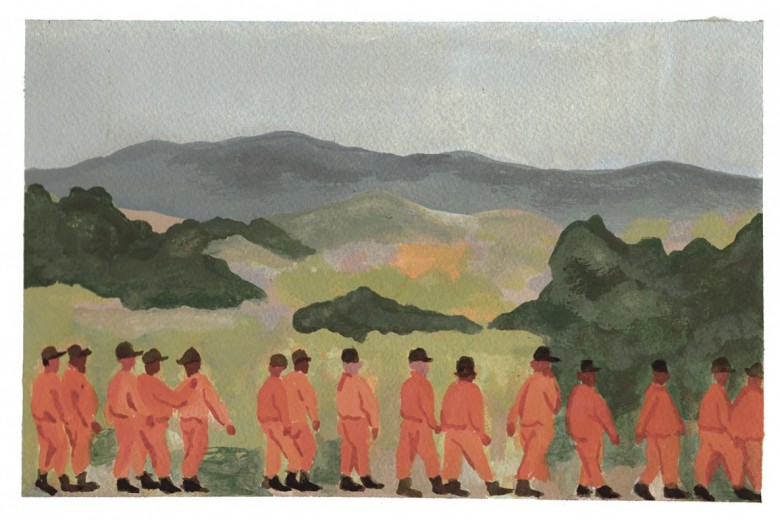
by Leslie Sinclair Nov 20, 2025 9 min read
-

by Britta Shoot Nov 13, 2025 10 min read
-
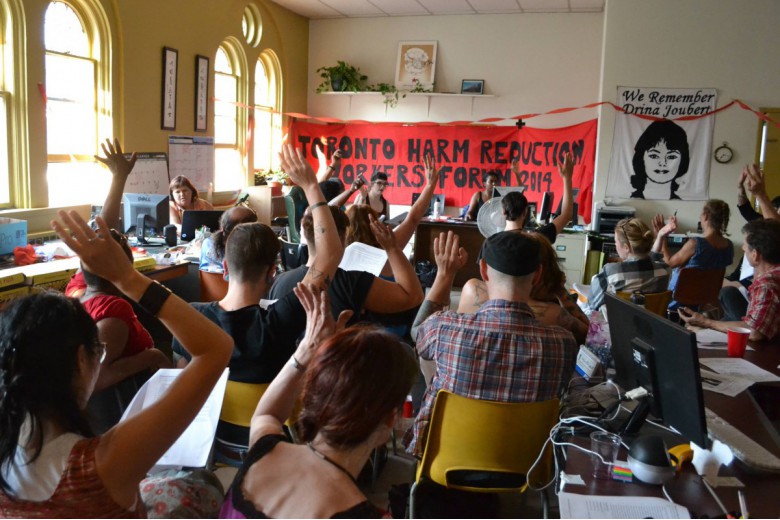
by Miru Yogarajah Nov 12, 2025 9 min read
-
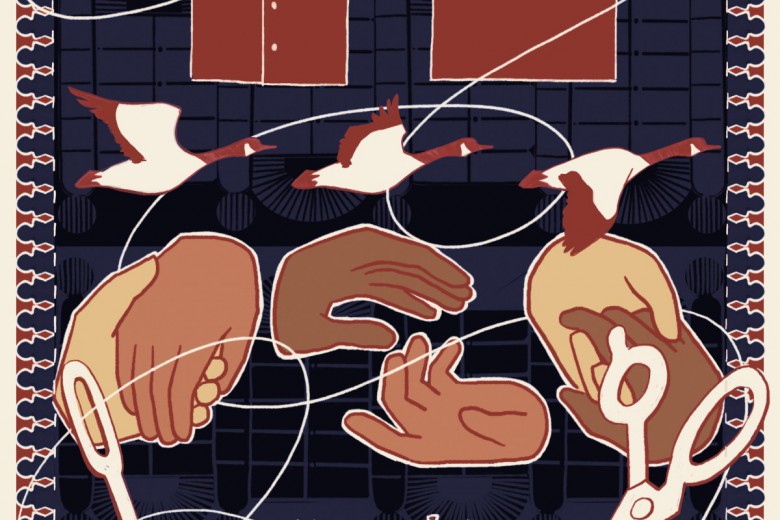
by Angela Ciceron Nov 11, 2025 8 min read
-

by Eric Wilkinson Nov 5, 2025 12 min read
-
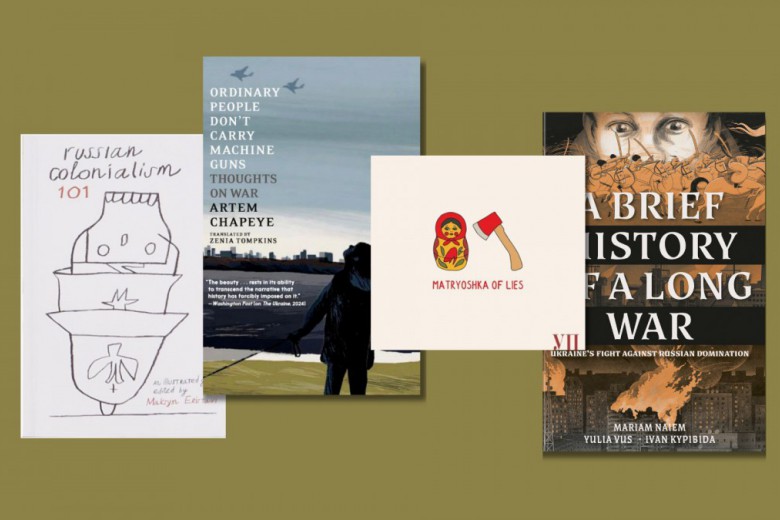
by Nicholas Olson Nov 4, 2025 5 min read
-

by Nancy Mỹ Nghi La Nov 4, 2025 11 min read
-
_780_520_90_s_c1.jpg)
by meera eragoda Nov 4, 2025 4 min read
-
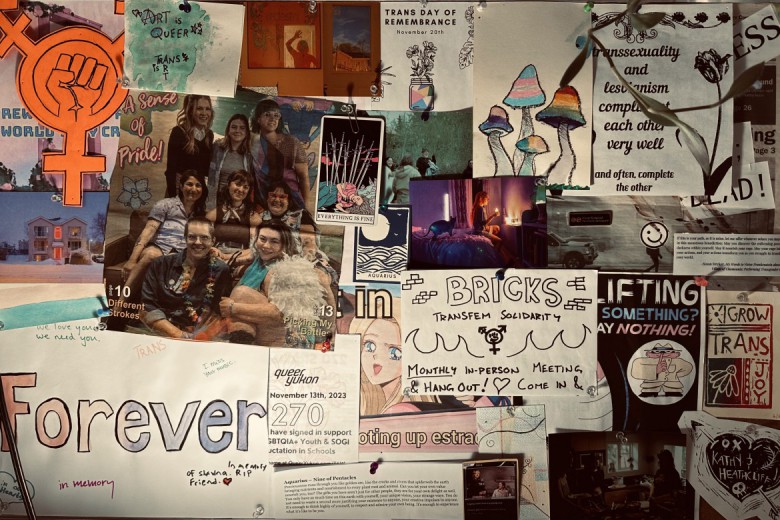
by Mirabel Sirois and Paige Galette Nov 1, 2025 11 min read
-

by Shanzae Zaeem Nov 1, 2025 7 min read
-

by Warren Bernauer Nov 1, 2025 8 min read
-

by James J. Brittain Nov 1, 2025 12 min read
-
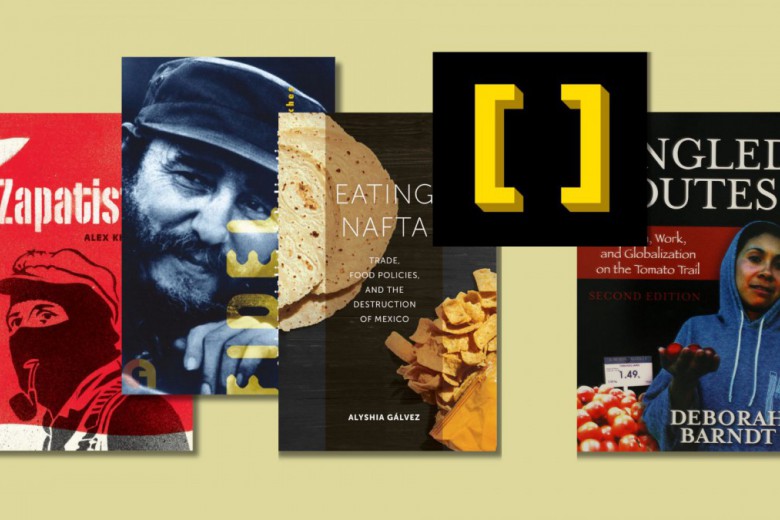
by Sharmeen Khan Nov 1, 2025 6 min read
-

by Katy Anderson Oct 29, 2025 4 min read
-
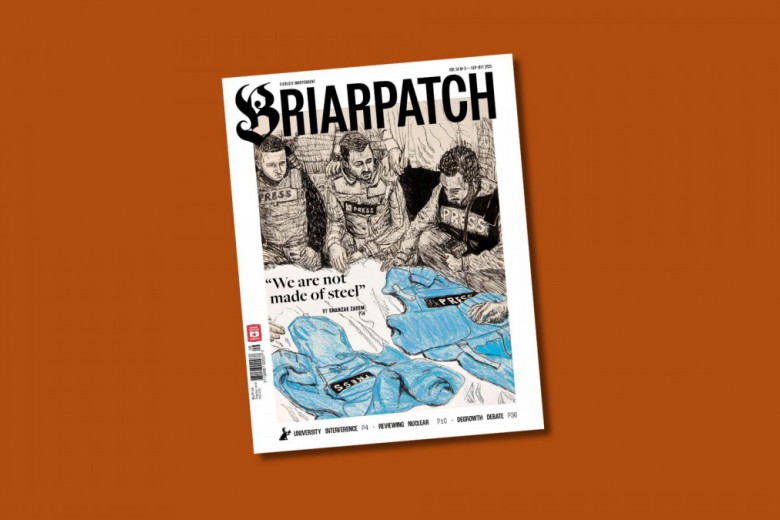
Sep 16, 2025 3 min read
-
_780_520_90_s_c1.jpg)
by Meral Jamal Aug 18, 2025 10 min read
-

by Aliya Pabani and Jody Chan Aug 13, 2025 13 min read
-

by Nora Loreto Aug 6, 2025 5 min read






_780_520_90_s_c1.jpg)







_780_520_90_s_c1.jpg)





